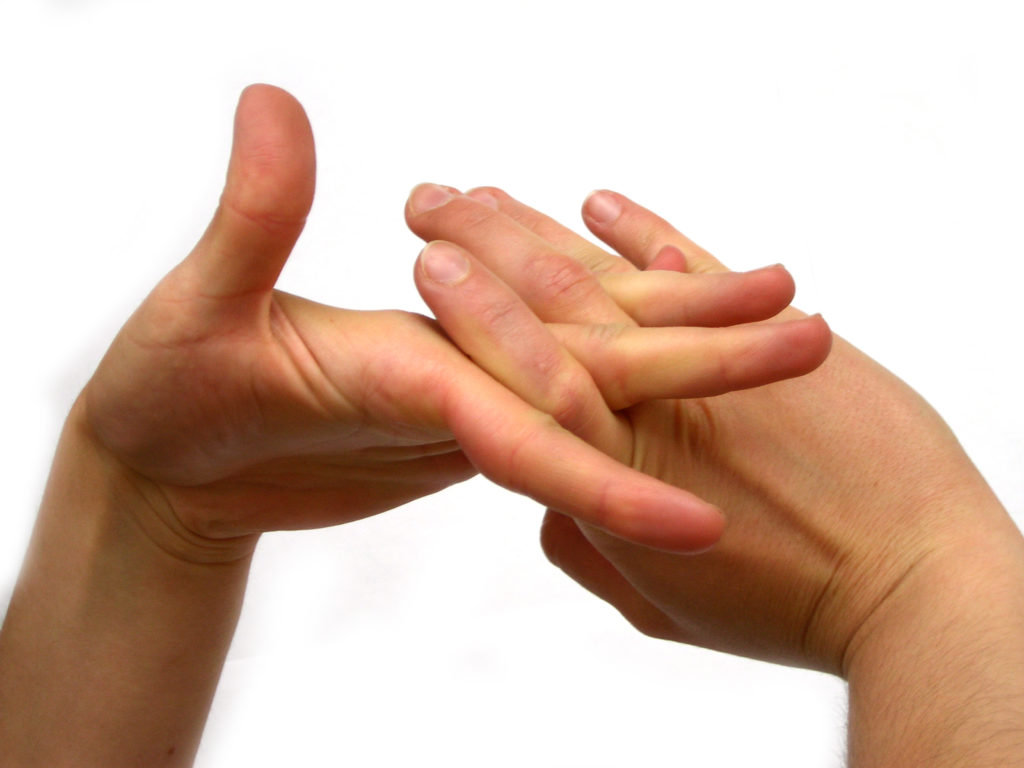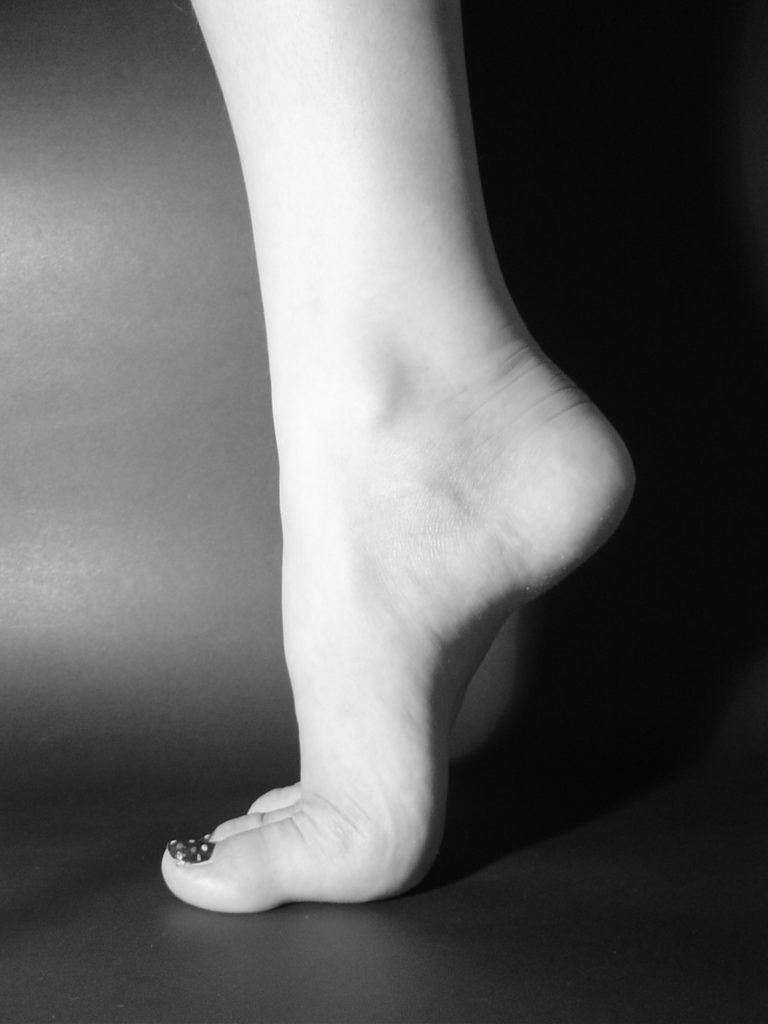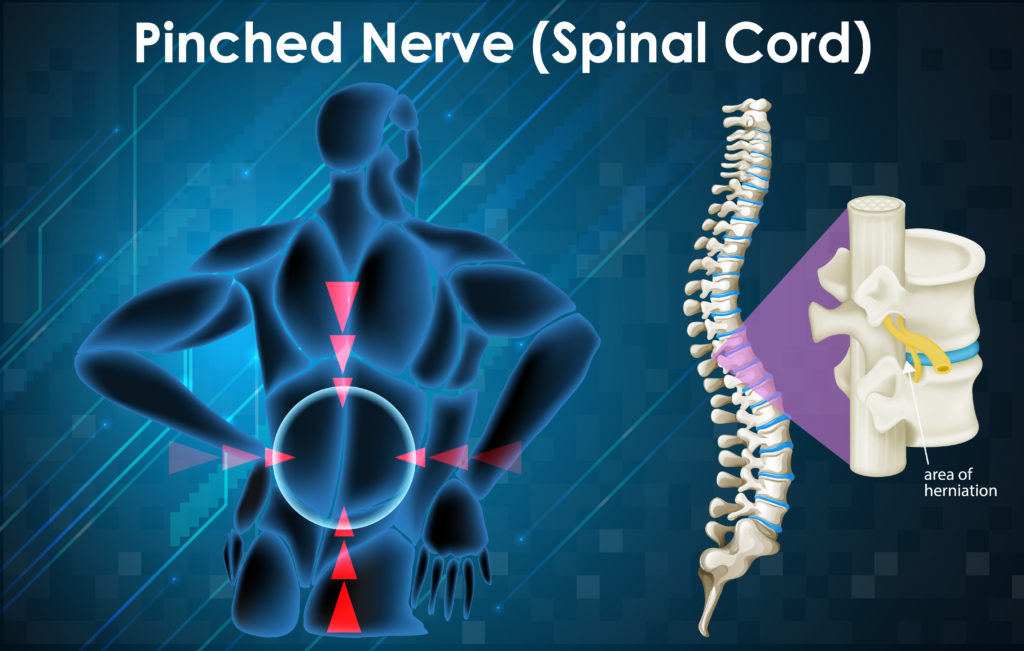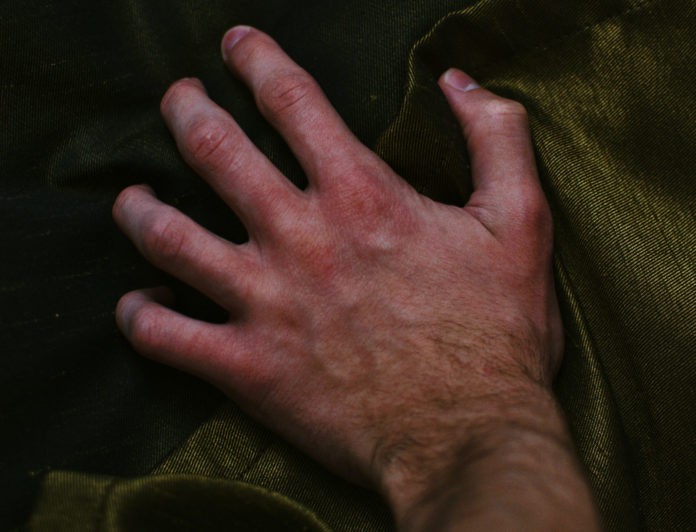I’ve had several people mention that during the night they experience numbness in their hands. When they sleep on the right shoulder, the four fingers on the left hand go numb and when they sleep on their left shoulder, the four fingers on the right hand go numb. These side sleepers find themselves tossing and turning all night because of this.

So I dug up some information that can be of help for those affected.
From WebMD and several other places on the internet:
Tingling hands, feet, or both is an extremely common and bothersome symptom. Such tingling can sometimes be benign and temporary. For example, it could result from pressure on nerves when your arm is crooked under your head as you fall asleep. Or it could be from pressure on nerves when you cross your legs too long. In either case, the “pins and needles” effect — which is usually painless — is soon relieved by removing the pressure that caused it.

In many cases, however, tingling in the hands, feet, or both can be severe, episodic, or chronic. It also can accompany other symptoms. such as pain, itching, numbness, and muscle wasting. In such cases, tingling may be a sign of nerve damage, which can result from causes as varied as traumatic injuries or repetitive stress injuries, bacterial or viral infections, toxic exposures, and systemic diseases such as diabetes.

Such nerve damage is known as peripheral neuropathy because it affects nerves distant from the brain and spinal cord, often in the hands and feet. There are more than 100 different types of peripheral neuropathy. Over time, peripheral neuropathy can worsen, resulting in decreased mobility and even disability. More than 20 million Americans, most of them older adults, are estimated to have peripheral neuropathy.
It’s important to seek prompt medical evaluation for any persistent tingling in your hands, feet, or both. The earlier the underlying cause of your tingling is identified and brought under control, the less likely you are to suffer potentially lifelong consequences.
A great number of athletes and those that workout experience these symptoms. Athletes experience them because of the constant stress and pressure on their body causing damage that affects the nervous system and many times the spinal cord.
People that workout occasionally experience these symptoms because of incorrect training techniques that damage the shoulder, back and knees. Those that workout regularly experience these symptoms because of using the same routine when they workout and stressing and even damaging their shoulders, elbows, knees and back.
Diabetes is one of the most common causes of peripheral neuropathy, accounting for about 30% of cases. In diabetic neuropathy, tingling and other symptoms often first develop in both feet and go up the legs, followed by tingling and other symptoms that affect both hands and go up the arms. About two-thirds of people with diabetes have mild to severe forms of nerve damage. In many cases, these symptoms are the first signs of diabetes.
In another 30% of peripheral neuropathy cases, the cause is unknown or “idiopathic.”
The remaining 40% of cases have a variety of other possible causes, including Vitamin deficiencies. Vitamins E, B1, B6, B12, and niacin are essential for healthy nerve function. A B12 deficiency, for example, can lead to pernicious anemia, an important cause of peripheral neuropathy. But too much B6 also can cause tingling in the hands and feet.
© Copyright – Hector Sectzer

















